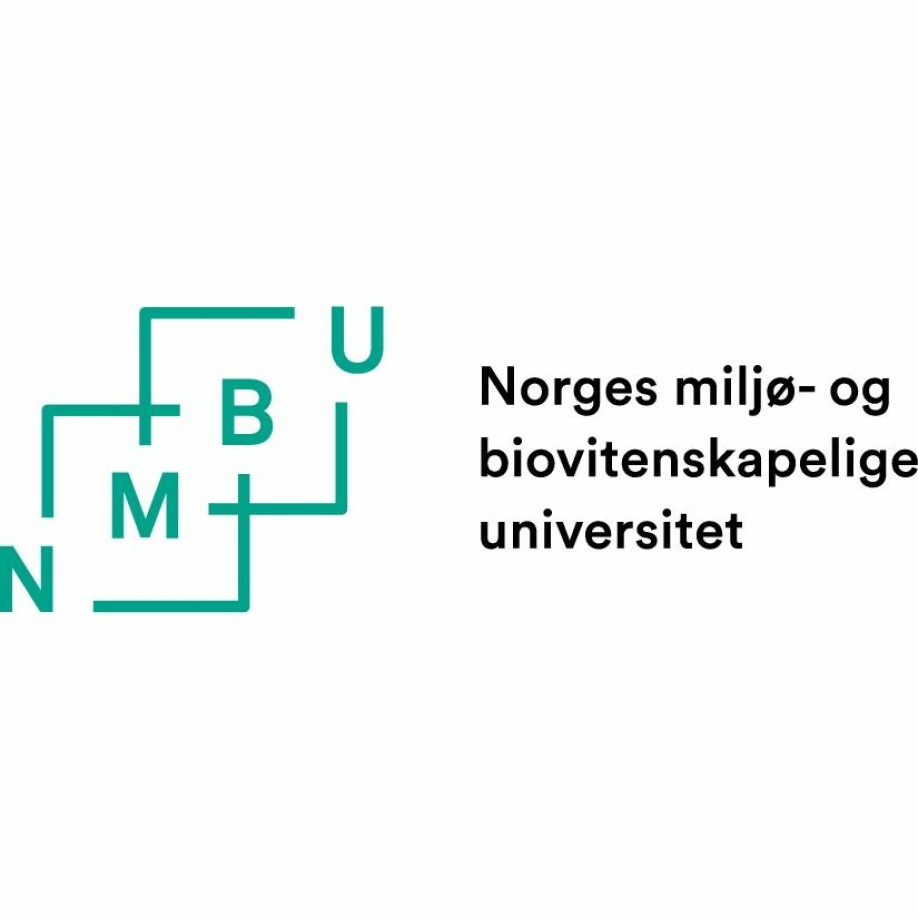Stilling:
PhD scholarship within wood technology – Ref.no 18/04212
Deadline: November 19, 2018

The Faculty of Environmental Sciences and Natural Resource Management (MINA) at the Norwegian University of Life Sciences (NMBU) has a vacant 3-year PhD–position within environmental sciences.
The Faculty of Environmental Sciences and Natural Resource Management (MINA) has about 200 employees and undertakes teaching, research and dissemination within the fields of geology, soil science, environmental chemistry, forestry, biology and ecology, natural resource management, renewable energy and nature based tourism. The faculty has about 600 students, and approximately 90 PhD-students. The employees of the faculty are highly reputable experts within their respective scientific fields, nationally as well as internationally and perform high levels of scientific production. For more information: https://www.nmbu.no/fakultet/mina and in English: https://www.nmbu.no/en/faculty/mina
Research project
The research project addresses the impact of construction materials on the indoor environment. The project will focus on wood used for interior and structural purposes. Use of wood in indoor environments affect how rooms are perceived by users, but may also affect psychological outcomes and health outcomes. Users of an indoor environment will be able to sense wood materials directly with multiple sensory areas (multimodal): visual, tactile, olfactory (odor) etc. Physical properties of interior wood surfaces will also affect the indoor environment indirectly, for example when hygroscopic wood surfaces absorb and desorb moisture, balancing daily variation in humidity and temperature.
The project will monitor the interior environment in various public buildings (with an emphasis on public schools) and investigate the impact of wood use on the indoor climate as well as on the people using the buildings. Physical properties of the interior (temperature, relative humidity etc.) will be measured by means of sensory technology. Impact on users will be measured by means of relevant outcomes (health, subjective well-being etc.)
The PhD project involves close collaboration with the Inland Norway University of Applied Sciences.
Main tasks
- Monitor interior environment and exposed wood in several buildings
- Assess users´ perception of the indoor environment
- Assess the impact of construction materials building operation (HVAC) and users on indoor environment
- Develop tools for assessing the impact of indoor environment on users
- Participate in developing methods for assessing the impact of indoor environment on users
- Evaluate the impact of construction materials on interior environment
- Evaluate the impact of construction materials on users
- Communicate research findings via publications and outreach
The successful candidate is expected to submit a progress plan for the work towards a PhD degree during the first months of the appointment, with the aim to complete a doctorate within the PhD scholarship period of three years.
Academic qualifications
The successful applicant must meet the conditions defined for admission to a PhD programme at NMBU. The applicant must have an academically relevant education corresponding to a five-year Norwegian degree programme, where 120 credits are at master's degree level. The applicant must have a documented strong academic background from previous studies, and be able to document proficiency in both written and oral English. For more detailed information on the admission criteria please see the PhD Regulations and the relevant PhD programme description.
The applicant must document expertise and interest in the research subject.
Required Academic qualifications
- MS degree in Wood Technology, Building Physics, Environmental Psychology or related area.
- Experience with structural modelling documented by course or thesis work
Desired Academic qualifications
- Experience with quantitative modelling
- Experience with electronic measurement systems
Personal skills
Required personal skills
- Independent
- Collaborative
- Strong communication skills
Desired personal skills
- Sociable
NMBU offers:
- An optimistic academic institution with focus on professional development, dissemination and competence.
- An interdisciplinary and inclusive environment that provides exciting research- and development opportunities.
- Daily contact with inspiring students and skilled colleagues.
- Various welfare schemes.
- Beautiful surroundings just outside Oslo.
- Kindergarden for children of employees
Remuneration
The position is placed in government salary scale, position code 1017 PhD Fellow, wage framework 20/7. PhD. Fellows are normally placed in pay grade 51 (NOK 449.400) upon employment and follow ordinary meriting regulations.
Employment is conducted according to national guidelines for University and Technical College PhD scholars.
Further information
For further information, please contact:
- Dr. Anders Q. Nyrud, Professor, E-mail: anders.qvale.nyrud@nmbu.no; phone +47 97722078
Application
To apply online for this vacancy, please click on the 'Apply for this job' button above. This will route you to the University's Web Recruitment System, where you will need to register an account (if you have not already) and log in before completing the online application form.
Application deadline: 19.11.2018
Applications should include (electronically) a letter of intent, curriculum vitae, full publication list, copies of degree certificates and transcripts of academic records (all certified), and a list of two persons who may act as references (with phone numbers and e-mail addresses). Publications should be included electronically within the application deadline. The relevant NMBU Department may require further documentation, e.g. proof of English proficiency.
Printed material which cannot be sent electronically should be sent by surface mail to Norwegian University of Life Sciences, Department of Environmental Sciences and Natural Resource Management, P.O. Box 5003, NO-1432 Ås, within 19.11.2018.Please quote reference 18/04212
If it is difficult to judge the applicant’s contribution for publications with multiple authors, a short description of the applicant’s contribution must be included.
A compulsory contribution of 2% is made to the Norwegian Public Service Pension Fund. A good working environment is characterized by diversity. We encourage qualified candidates to apply, irrespective of gender, physical ability or cultural background. The workplace will if necessary be facilitated for persons with disabilities.
According to the Freedom of Information Act § 25 the list of applicants for this position may be made public irrespective of whether the applicant has requested that his/her name be withheld.






